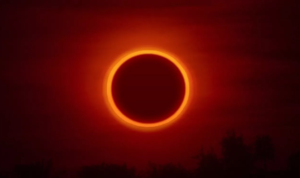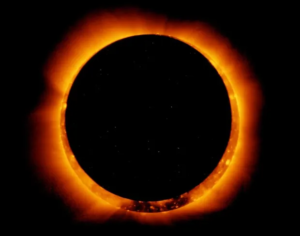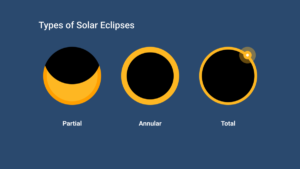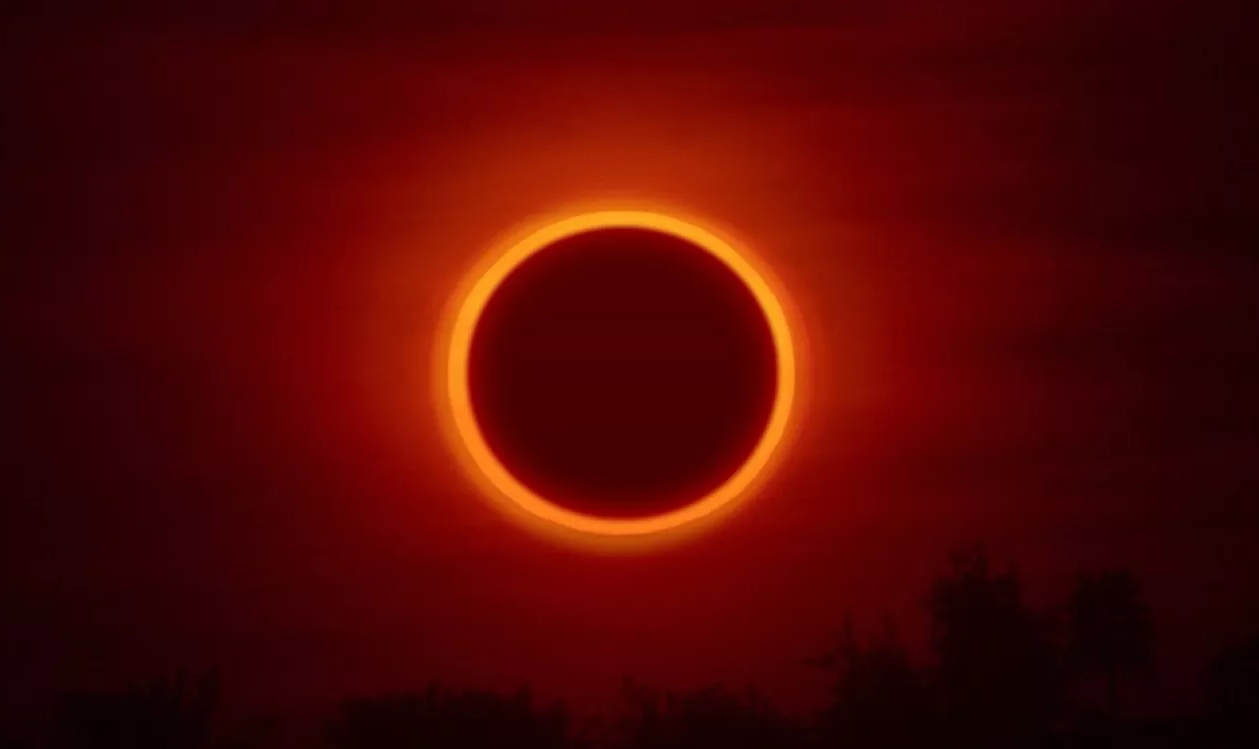Ahead of today’s eagerly anticipated solar eclipse, scientists have issued multiple alerts.
It is anticipated that thousands of Americans will travel to witness the eclipse’s path of totality, passing through cities such as Mazatlán and Torreón in Mexico; San Antonio, Austin, and Dallas in Texas; Little Rock in Arkansas, and Indianapolis in Indiana.
Considering this, people have been cautioned to expect significant traffic delays. Aixa Diaz, a spokesperson for the American Automobile Association, warned readers of USA Today to brace themselves for potential delays, whether traveling long distances or locally, due to the large number of individuals expected to be out to observe the eclipse.

During previous total eclipse events, like the one in 2017, some regions reportedly faced up to 13 hours of traffic congestion.
The eclipse’s path will cross Mexico, the US, and Canada.
Given the anticipation, individuals have also been warned about the possibility of an increase in fatal car accidents on the roads today (April 8).
According to Fox News, there was a 31 percent increase in fatal traffic accidents during the 2017 total eclipse. However, the danger is not primarily due to the brief darkness during the eclipse itself, but rather the surge in traffic leading up to the event.

These warnings stem from a recent study published last month. Donald Redelmeier, the study’s lead investigator and a senior scientist at the Tory Trauma Research Program at Sunnybrook Research Institute, highlighted a significant increase in traffic risks in the US during the total eclipse, resulting in one additional vehicle crash every 25 minutes and one extra crash fatality every 95 minutes. This totaled to 46 additional deaths associated with the eclipse.
Redelmeier explained that the issue is not the lack of light, but rather factors such as increased traffic, unfamiliar routes, speeding, distraction from the celestial event, impaired driving from related celebrations, or viewing the eclipse from unsafe roadside locations.

In response to these warnings, John Staples, co-investigator of the study and a clinical associate professor at the University of British Columbia, advised individuals to adhere to speed limits, minimize distractions, maintain a safe distance, wear seatbelts, and refrain from impaired driving.
